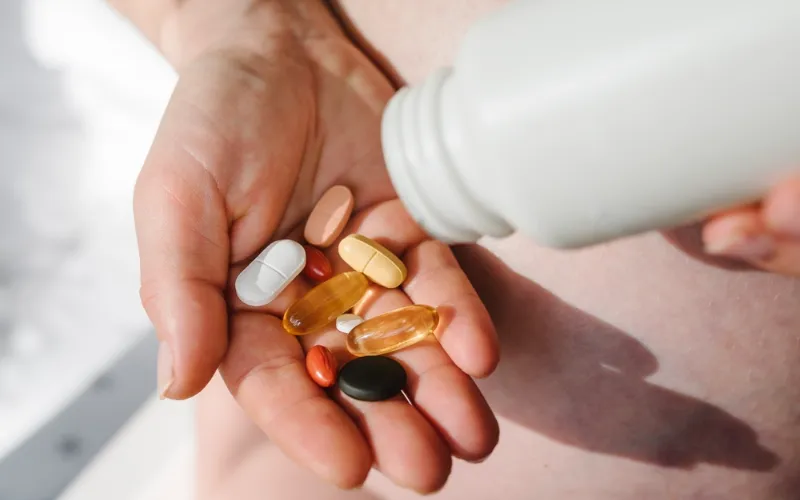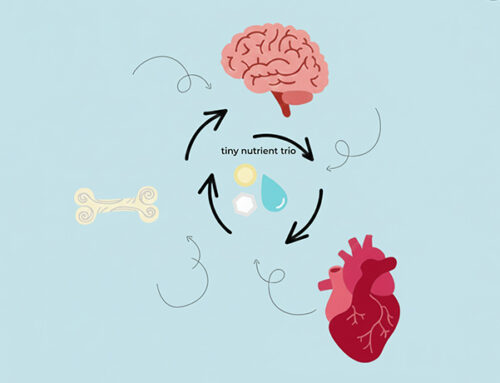The symbiotic relationship between our body and various microorganisms residing within is intricate and delicate. Understanding the essential interplay between antibiotics and probiotics sheds light on our quest for optimal health. With antibiotics often prescribed for infections, their potency inadvertently impacts the gut’s multifaceted ecosystem, sometimes leading to unexpected side effects.
What is the Gut Microbiome?
The human gut is a bustling metropolis inhabited by trillions of microorganisms. These microscopic inhabitants play diverse roles – from digestion to warding off harmful pathogens. It’s pivotal to grasp that diversity in gut flora is not just about numbers but the various strains and species cohabitating, each contributing uniquely to our well-being.
Antibiotics: The Double-Edged Sword
Antibiotics, undeniably beneficial in combating infections, operate like a broad brush—targeting harmful and beneficial bacteria. This indiscriminate approach can sometimes strip the gut of essential bacteria, creating a void. The aftermath of such an imbalance, post-antibiotic use, can manifest in symptoms like diarrhea, bloating, or even fatigue.
Probiotics: Nature’s Answer to Gut Harmony
Probiotics are the gut’s beneficent allies. Defined as living microorganisms, they confer health benefits when ingested in adequate amounts. They aren’t a one-size-fits-all solution; different strains of probiotics serve specific purposes. Lactobacillus, for instance, aids digestion, while Bifidobacterium supports the immune system.
The Science Behind Combining Antibiotics and Probiotics
Contrary to some misconceptions, compelling clinical evidence supports the concurrent use of probiotics with antibiotics. The research underscores the role of probiotics in mitigating antibiotic-associated diarrhea. However, timing the intake is crucial. To optimize results, it’s advised to consume probiotics a few hours after taking antibiotics.
Protecting the Gut During Antibiotic Therapy
Venturing beyond supplements, nature offers an array of probiotic-rich foods. From tangy kefir to fermented sauerkraut, these foods are palatable and packed with beneficial bacteria. Complementing these are prebiotics – undigestible fibers that act as food for gut bacteria, ensuring their proliferation and balance.
Potential Side Effects of Neglecting Gut Health
While antibiotics can be a boon in treating infections, the side effects of an imbalanced gut are manifold. Symptoms range from antibiotic-associated diarrhea to more subtle signs like bloating and fatigue. Over time, neglecting gut health can even predispose one to diseases stemming from chronic inflammation.
Choosing the Right Probiotic Supplement
The aisles of a pharmacy can be daunting, with various probiotic supplements competing for attention. Deciphering labels requires understanding terms like CFUs (colony-forming units) indicating potency. Moreover, choose strains relevant to your needs, always corroborating with recent research or seeking advice from healthcare professionals.
Common Myths and Misconceptions
“Probiotics negate antibiotic effects.” It is a commonly held myth, yet research paints a different picture, underscoring the role of probiotics in complementing antibiotic therapy. Addressing such misconceptions and being equipped with evidence-based knowledge for informed choices is imperative.
Children, Elderly, and Probiotics: Special Considerations
Different life stages demand nuanced care. Tailoring probiotic use becomes crucial when catering to vulnerable populations like children or older people. While children’s gut flora is still established, the elderly might experience a decline in beneficial bacteria. Safety guidelines, hence, vary across age brackets.
Conclusion
Harmonizing the power of antibiotics with the nurturing capabilities of probiotics is more than a health strategy; it’s a testament to the holistic approach to well-being. As we journey through gut health, let’s embrace the future with informed healthcare choices, ensuring our internal ecosystem thrives.
FAQs
Do all antibiotics affect the gut in the same way?
No, different antibiotics target various bacteria. The impact on the gut can vary based on the antibiotic’s spectrum and the individual’s microbiome.
Are there natural sources of probiotics besides sauerkraut and kefir?
Other natural sources include yogurt, pickles, miso, tempeh, and traditional buttermilk.
Can you overdose on probiotics?
While rare, consuming excessive probiotics can cause bloating or gas. Always follow dosage recommendations or consult with a healthcare provider.




